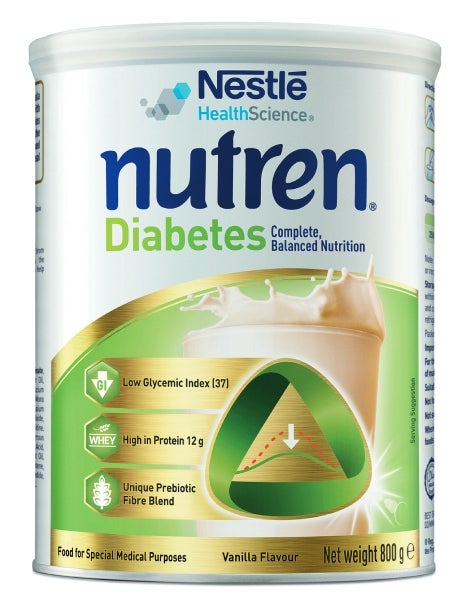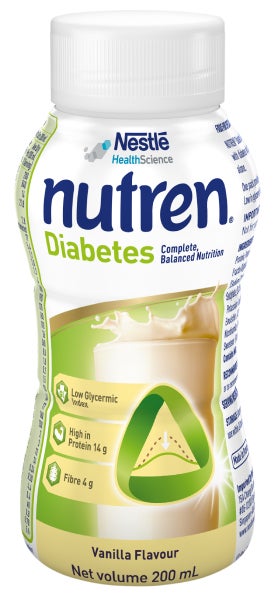So Why is Breakfast so Important for a Person Living with Diabetes?
People with diabetes tend to experience a high blood sugar level in the morning as a result of a hormone surge that the body produces during the wee hours to control the blood sugar level[4]. This phenomenon known as the ‘dawn effect’, affects each and everyone of us regardless of whether we have been diagnosed with diabetes.
Unfortunately, people with the condition, are vulnerable to the dawn effect as their body is unable to produce adequate insulin responses to counteract the hormone surge[4].
A recent clinical trial found that patients with Type 2 diabetes who skipped breakfast recorded blood sugar level readings 37 percent higher than when they consumed breakfast[5]. The study revealed that the omission of breakfast is associated with a significant increase in ‘day-long’ blood sugar spikes[5].
For the 422 million people worldwide[6], it's important to note that blood sugar surges can be life threatening, and in some cases lead to cardiovascular complications[8].
Healthy Breakfast Basics
Breakfast is especially important for people living with diabetes. A person living with diabetes has much greater control over their blood sugar level when low glycemic (GI) carbohydrates are consumed. Eating low-GI carbohydrate foods causes a steady rise in the level of sugar in the blood, which in turn leads to a small and subtle rise in insulin[9]. Small increases in insulin keep you feeling full and energised for hours after eating.
Here are some quick tips that will help you plan your breakfast each morning:
Protein and Fibre
Food containing fibre and protein help you feel full faster, and has a minimal effect on your blood sugar level[9][10]. Protein helps to break down your food slowly, thus supporting a balanced blood sugar level[8].
Whey proteinis widely known to for its high protein content which effectively reduces blood sugar spikes after meals compared to other protein sources such as eggs, soy or tuna[15]. Essentially, whey protein helps release specific types of hormones in your body, GLP-1 and GIP, to stimulate insulin after a meal. Taken over a period of time, whey protein even helps to reduce your HbA1c.




